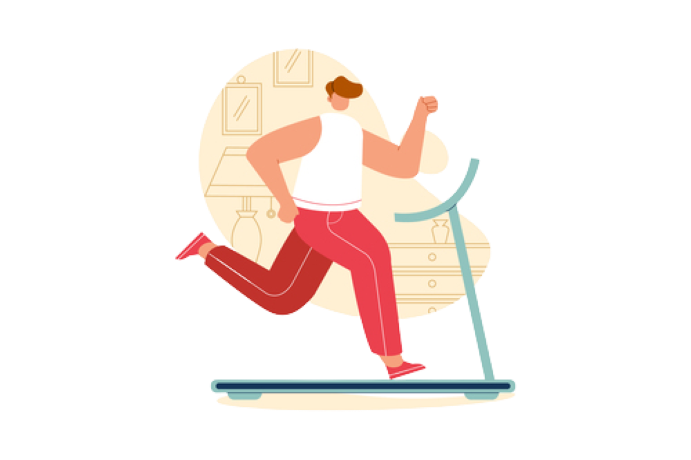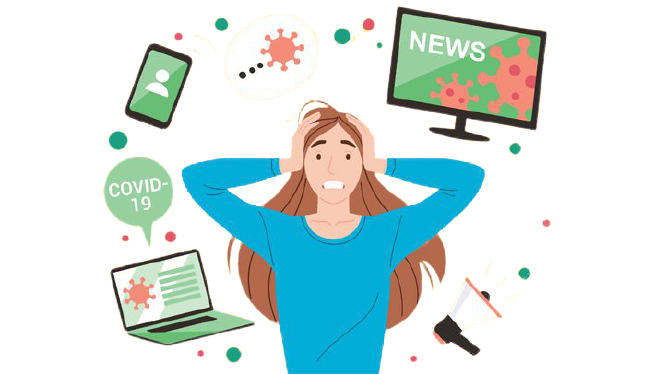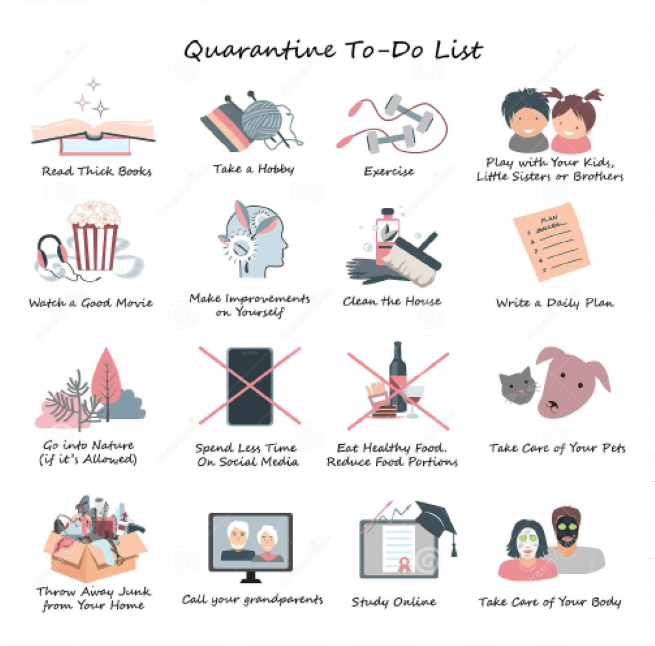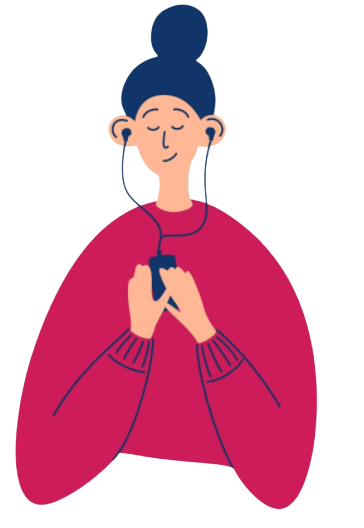KEEP UP WITH YOUR EXERCISE
It’s a scientific fact that exercising makes you happier. When we engage our bodies in physical activity—riding a bike, lifting weights, doing yoga, or even just going for a walk—our brains release chemicals such as dopamine and endorphins that make us feel happy. On top of releasing these feel-good chemicals, exercise also helps your brain get rid of chemicals that make you feel stressed and anxious. And when you do feel angry and upset, regular exercise also plays a role in helping you control these emotions. Once a day, set some time aside to do a physical activity. It can be something as small as running around in the backyard with your kids or a full at-home workout routine. If you feel stuck for ideas, there are plenty of online resources that are focused on ensuring you maintain your physical health while you’re stuck at home.





